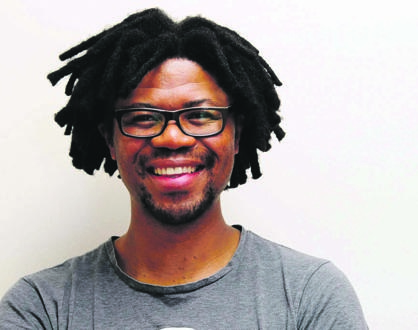
Of all the open-minded people in South African rugby, it took the infamously taciturn Sharks coach Robert du Preez to verbalise what everyone has been thinking about player transfer.
Du Preez, maybe due to his origins as a Northern Transvaal player before transferring to the Sharks all those years ago, has a reputation for being in possession of a mind which is a little too comfortable inside a box.
Yet there he was this week extolling the virtues of allowing players to spend their off-season playing in Japan or in loan-deals in the northern hemisphere.
This is despite the fact a groin injury suffered by his son Jean-Luc on one of said loan deals with English club side Sale Sharks has cost him the services of the explosive flanker for the early part of this year’s Super Rugby campaign.
Du Preez senior’s point is that by going on these stints players pick up new things and, by extension, so do their coaches on their return.
Of course, going abroad during the off-season also keeps the players financially happy, so the unspoken part of that sentiment is that it is time SA rugby did something different about keeping the country’s best players playing domestically.
When you hear that Steven Kitshoff is mulling over an overseas offer which may net him over R60 million, the transfer market is less a market for South African provincial unions than it is a dark alley in which they are mugged by filthy rich clubs from the UK, France and Japan.
That has been the case for a while now, and this being a World Cup and the year in which the tripartite agreement between Sarpa and SA Rugby expires, it’s going to get worse before it gets better.
For the Springboks, the expiring tripartite understanding is between the player, his provincial union and SA Rugby, where said player is remunerated from a combination of the two organisations.
While it is a system that has, by SA standards, handsomely rewarded the players, it’s also had its weakness.
SA Rugby is toying with introducing a new arrangement where they pay attractive match fees and win-bonuses, instead of the current contracting system where they are not always sure of their return on investment.
The presence of Springboks who have been contracted for four years on SA Rugby’s books has been problematic as some of them, like Sharks prop Coenie Oosthuizen, haven’t played international rugby in a while due to injury.
It’s also a system that puts the incumbent coach, who may not have contracted the players, under pressure to pick a player he doesn’t necessarily rate because his bosses are paying him.
Like all proposed things the new structure, which is based on England’s way of paying their players, has its shortcomings.
The first is SA Rugby doesn’t have England’s financial resources, the second is a question of who pays when players get injured on international duty, and the third is without a second contract the players will take the security of an overseas club contract which pays more than both pay cheques and leave in droves.
To gain a sense of how tempting things are already for the players, a top Springbok earns anything from five to seven million rand a year.
While that’s deep into the top one percent of earners in the country as a whole, it’s galling for the same players to watch colleagues they’re keeping out of the Bok team earn almost twice as much at overseas clubs.
The biggest issue with a match-fees and win-bonuses based remuneration system is what it would mean for Super Rugby franchises.
With every Bok player working overseas, SA Rugby wouldn’t be able to field its best players in Super Rugby, one of the stipulations of its SANZAAR agreement.
About two years ago SA Rugby considered getting third party corporate companies involved in paying their players to stave off overseas offers.
The idea was for the player to have a relationship with a certain corporate while playing with a view to working for them once he was done playing, a bit like Beast Mtawarira does with Fidelity (they can’t all end up as commentators on SuperSport).
Quite why that idea didn’t take off is a mystery, but the time for seemingly crazy ideas is here because the money being waved at these players is ridiculous.




 Publications
Publications
 Partners
Partners








